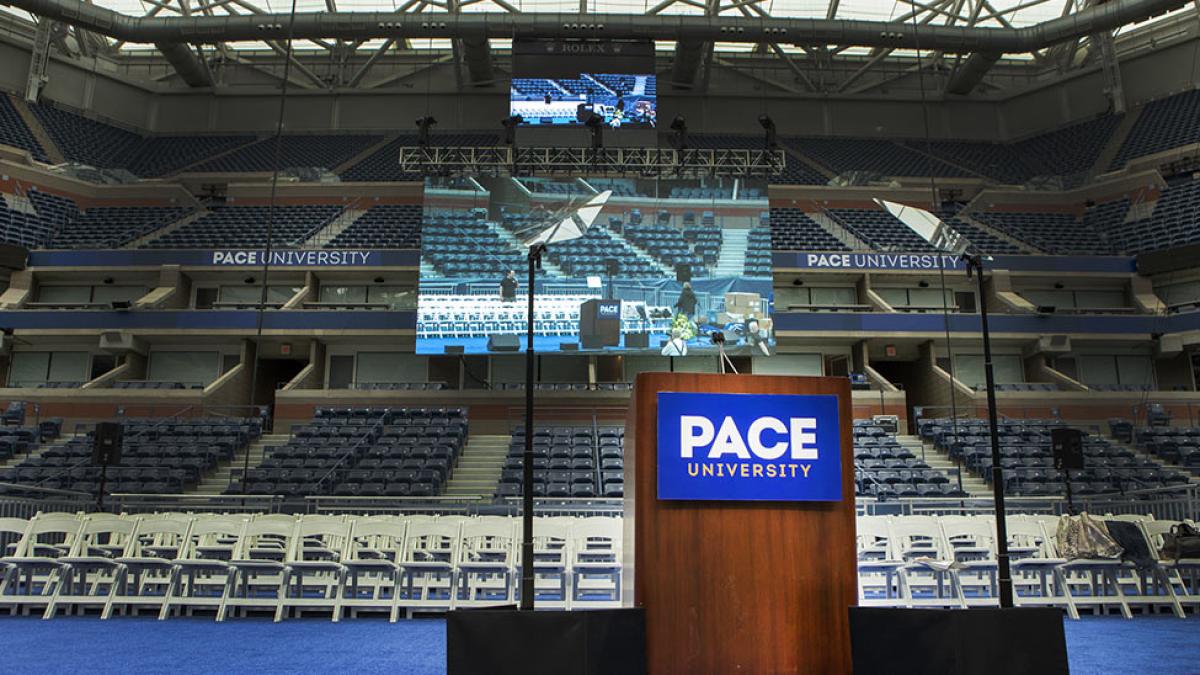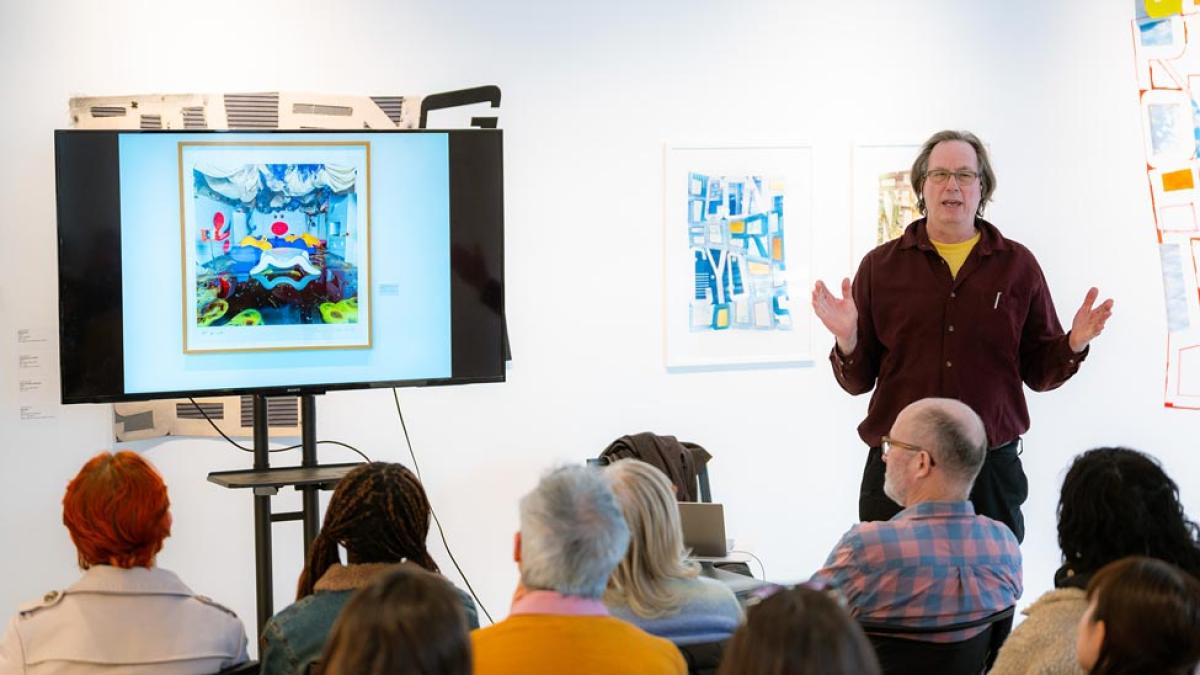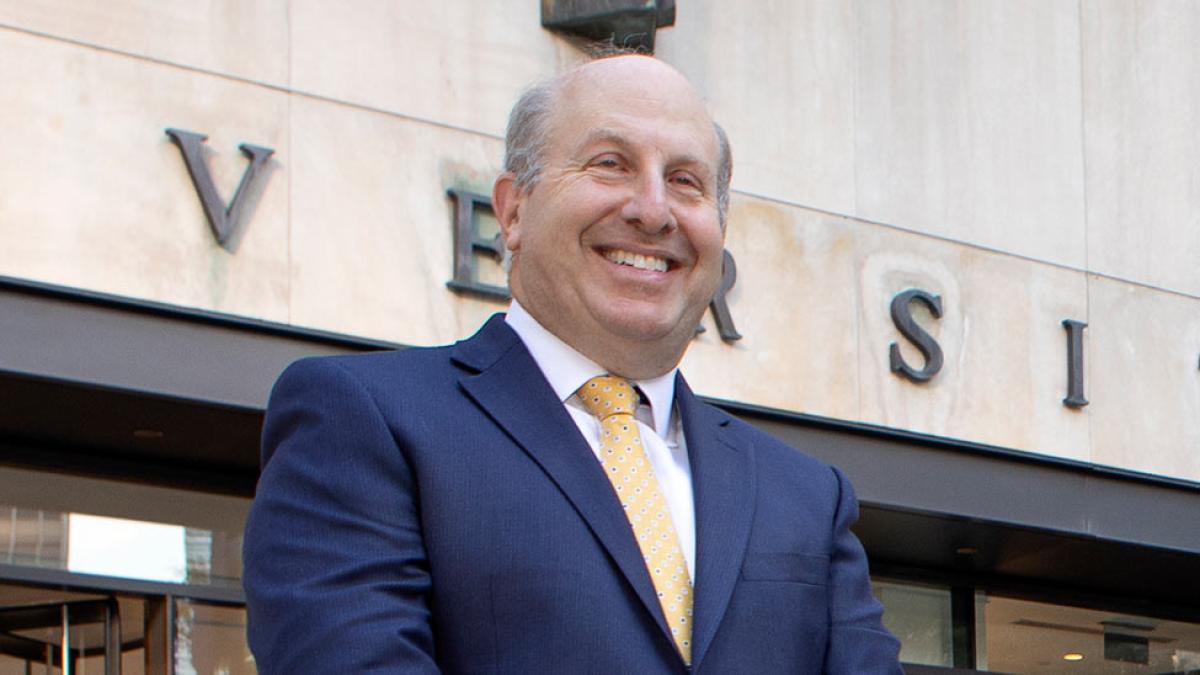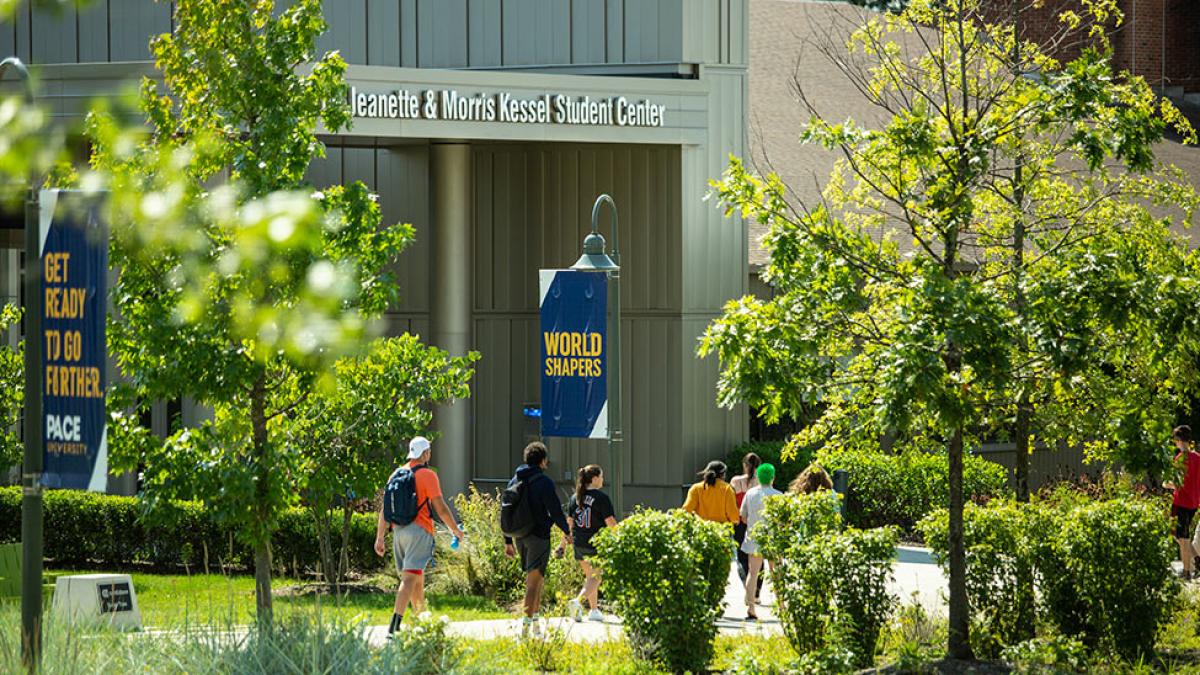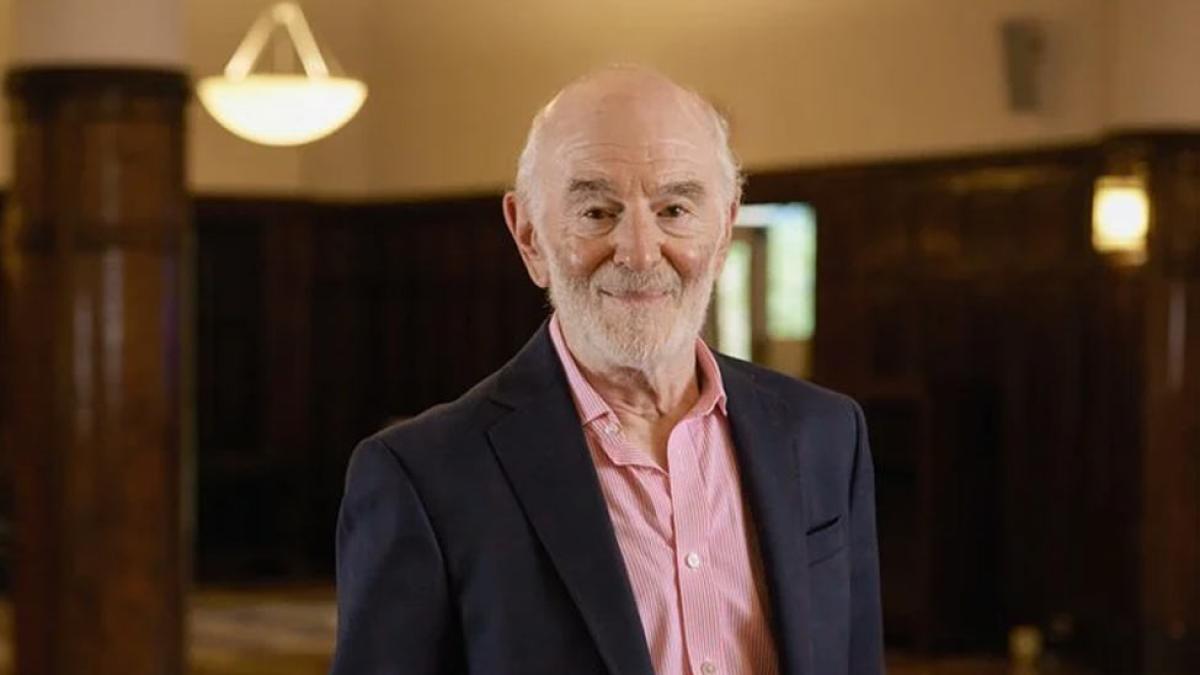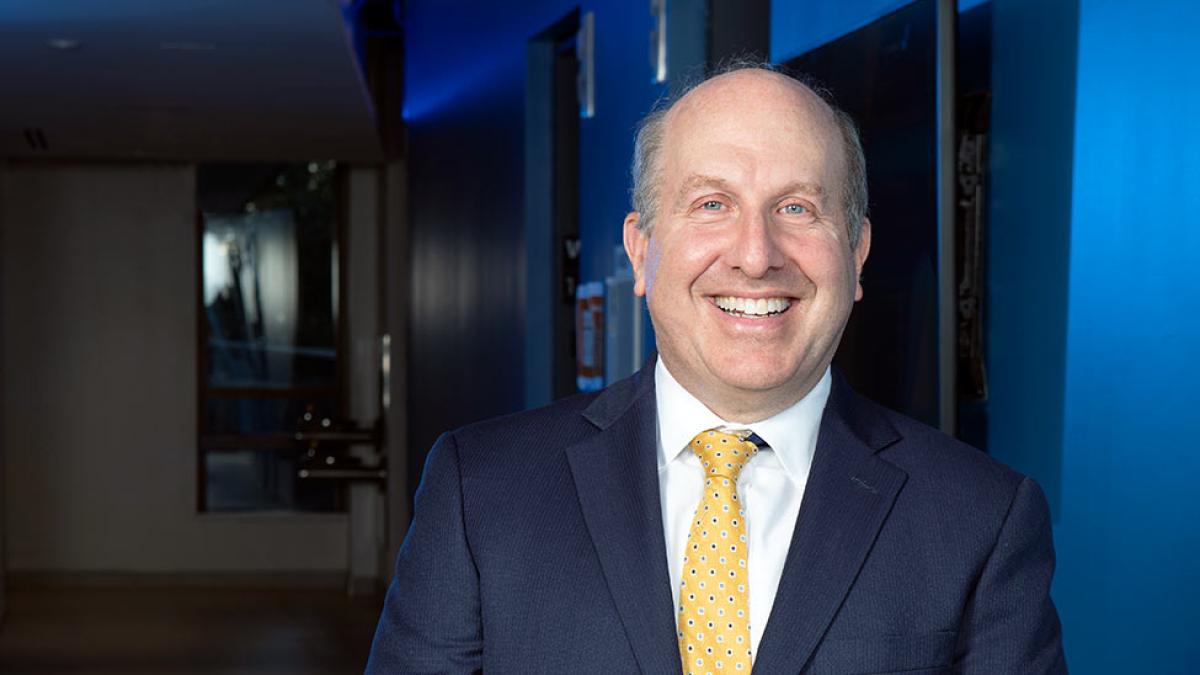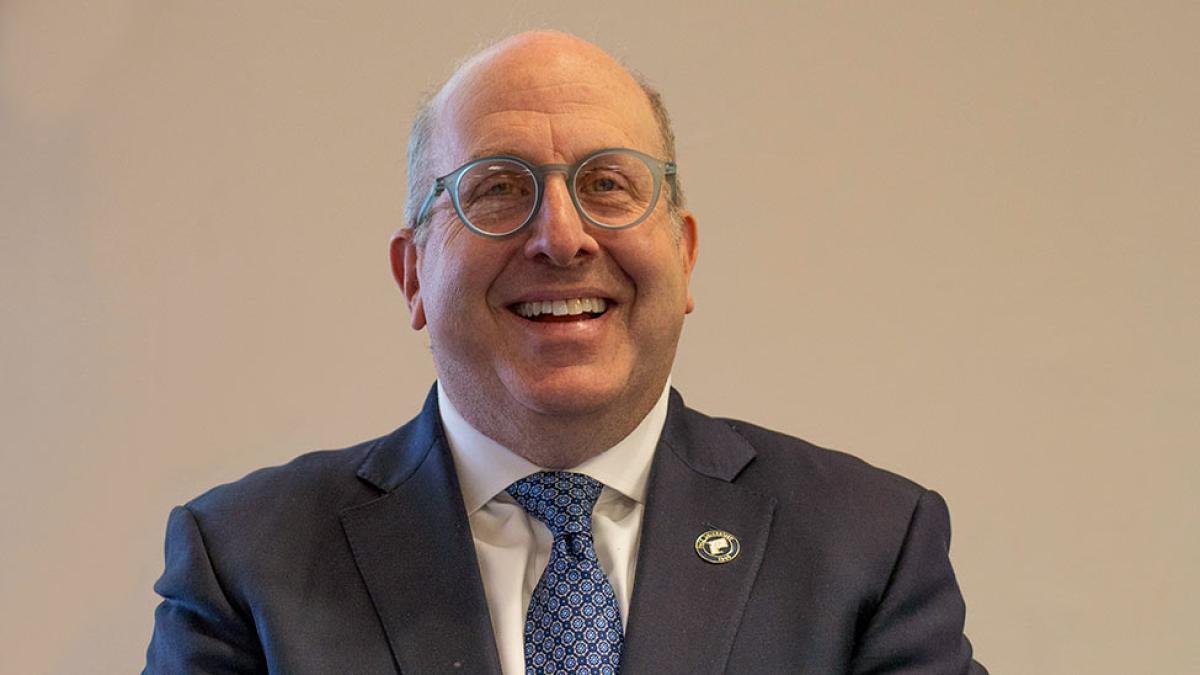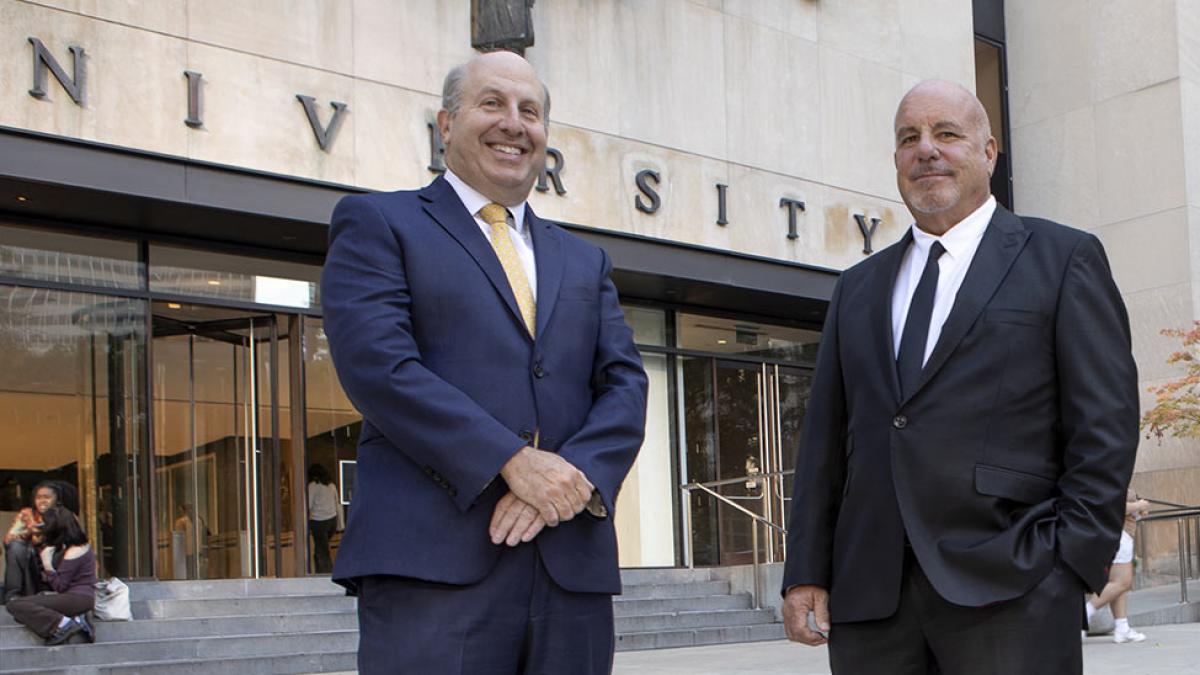Pace Now
Pace Now
Pace News
Latest News
Pace President Marvin Krislov and Chief Diversity Officer Stephanie Akunvabey speak with Westchester Magazine & 914 Inc. about Pace’s ongoing commitments to diversity, equity, and inclusion and the impact of affirmative action in the aftermath of the Supreme Court decision for the magazine’s edition focusing on Diversity, Equity, and Inclusion.
“Fortunately, the major institutions of American society now recognize the importance of diversity in remaining competitive, effective, and legitimate in a global market,” Krislov says. “Employers will continue to seek diverse talent, the military will still seek a diverse officer corps, and colleges and universities will experiment with new ways to ensure their student bodies remain diverse.”
Adversity and challenges are something that everyone must overcome at one time or another, whether you’re a student, a member of a professional organization, or a leader. And “The Bear,” which the TV awards-givers insist on calling a comedy, and many of us see as a sort of family drama, is also providing countless lessons in effective leadership for those who are paying enough attention to see them.
President Krislov extends a warm welcome to the Pace Community as we embark on the Spring 2024 semester, brimming with anticipation for the promising events and initiatives on the horizon.
President Marvin Krislov's Forbes article on why the humanities matter more than ever was cited in a recent op-ed published in the Grant County Herald.
President Krislov writes in Forbes about the crucial role colleges and college students play in a year of consequential elections.
At Pace University, we are embracing innovation and adapting to the evolving needs of our community. As we navigate through this dynamic era, our commitment to providing immersive and challenging learning experiences remains steadfast.
Westchester Magazine speaks to President Krislov about Westchester’s County’s higher education economic forecast for 2024.
“We expect continued growth among first-generation, transfer, and graduate students and have experienced significant increases in our graduate enrollment at the Seidenberg School of Computer Science and Information Systems,” says Pace University President Marvin Krislov.
Pace President Marvin Krislov writes in Forbes about the coming AI revolution and why college graduates will be ready for it.
As the year concludes amidst shorter days and final exams, President Krislov reflects on a momentous 2023, marked by the opening of a 26-story campus center in New York City, athletic achievements, accolades for the law school, and the establishment of the Sands College of Performing Arts.
Do the humanities still matter?
That’s been the question in headlines about higher education lately. The New York Times weighed in last week, examining the “existential crisis” facing these classic liberal arts programs nationwide. A big article in The New Yorker early in the year kicked off the serious hand-wringing, arguing that traditional liberal arts study has become the quaint province of a privileged elite, students who don’t require a return on their tuition investment and can afford to spend time on unremunerative pursuits. Next, as if to prove the point, over the summer the University of West Virginia said that in order to cut a yawning budget deficit it would cut a range of programs, from world languages to creative writing. Meanwhile, lower-profile announcements keep coming that smaller colleges facing enrollment challenges are eliminating less-popular majors, often in the humanities, to stay afloat.
